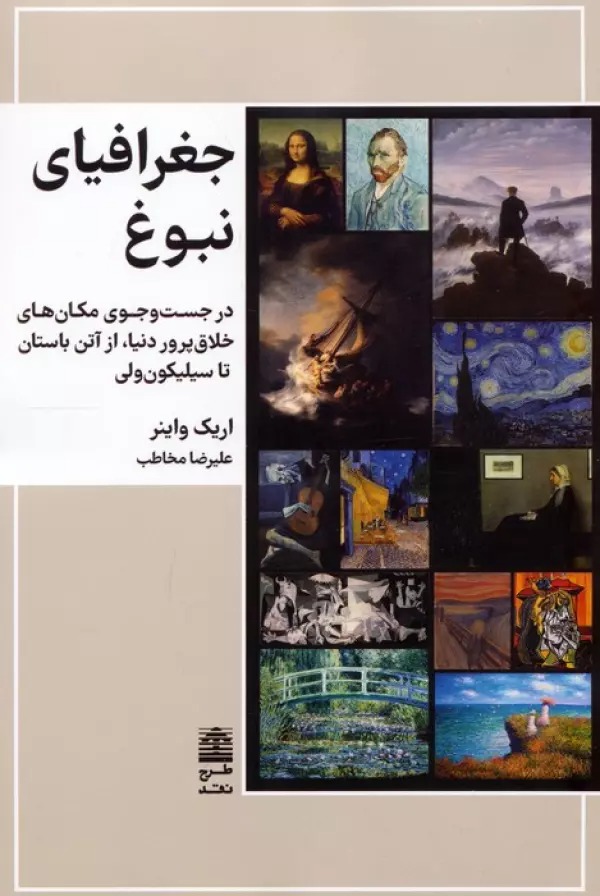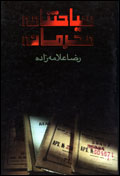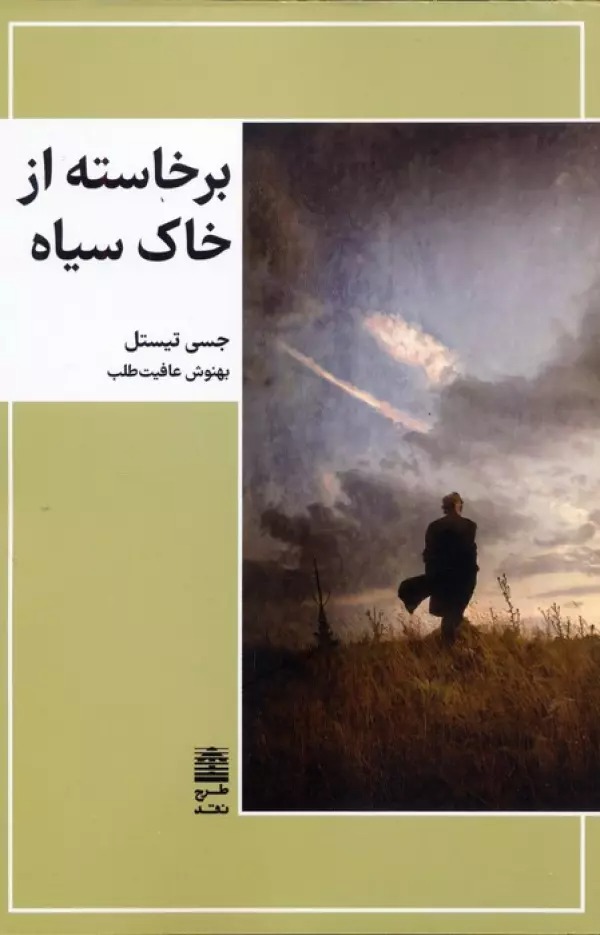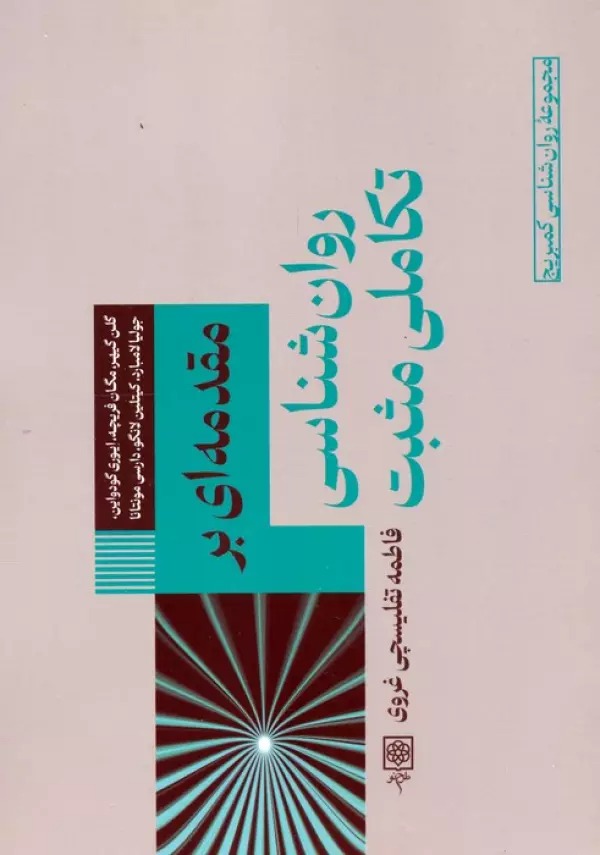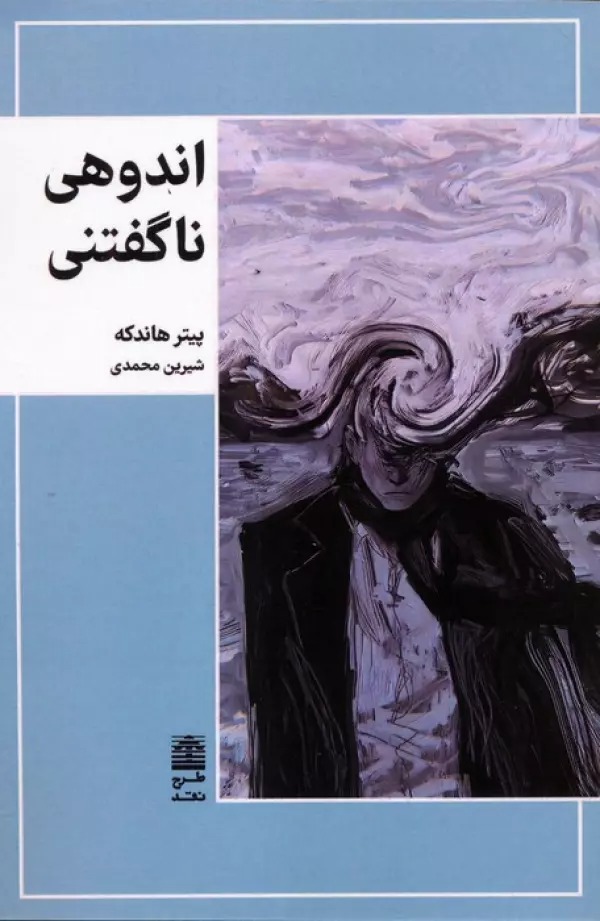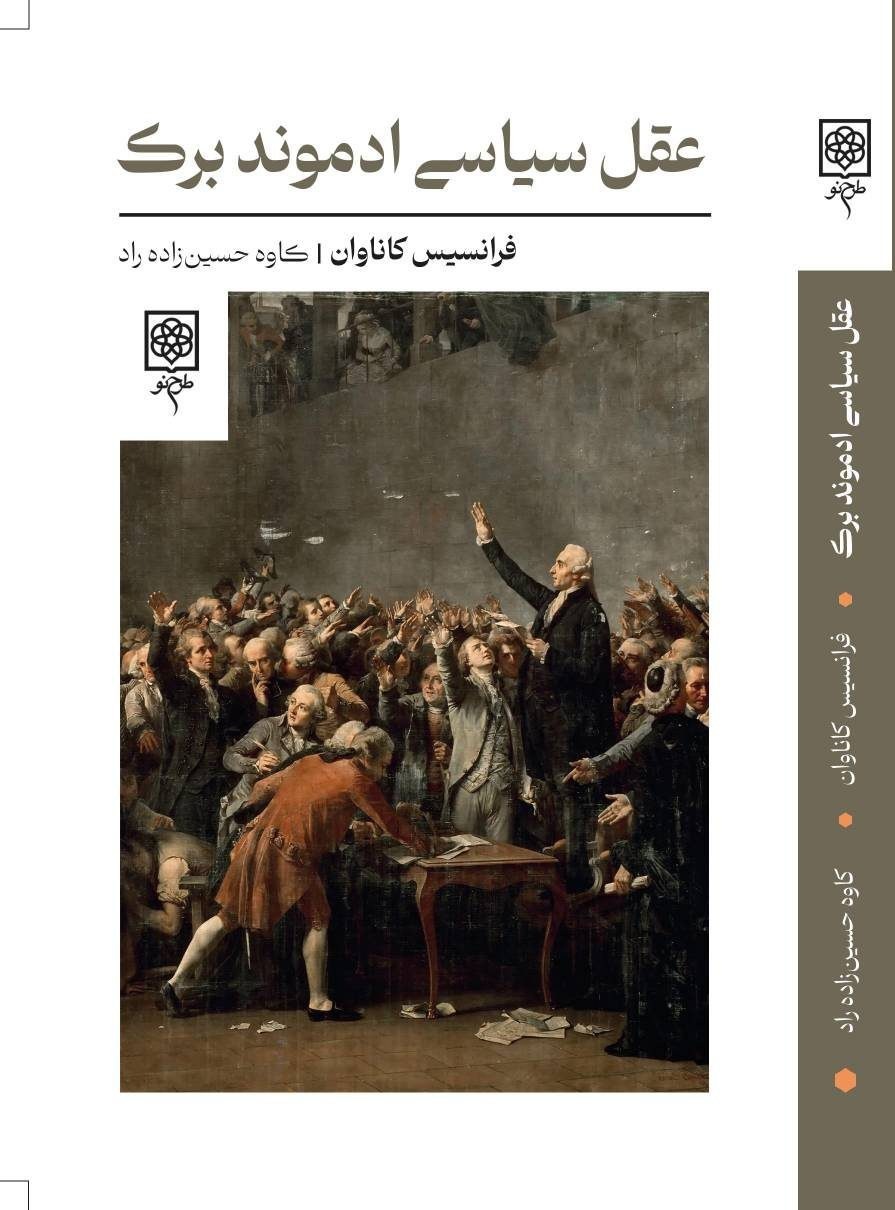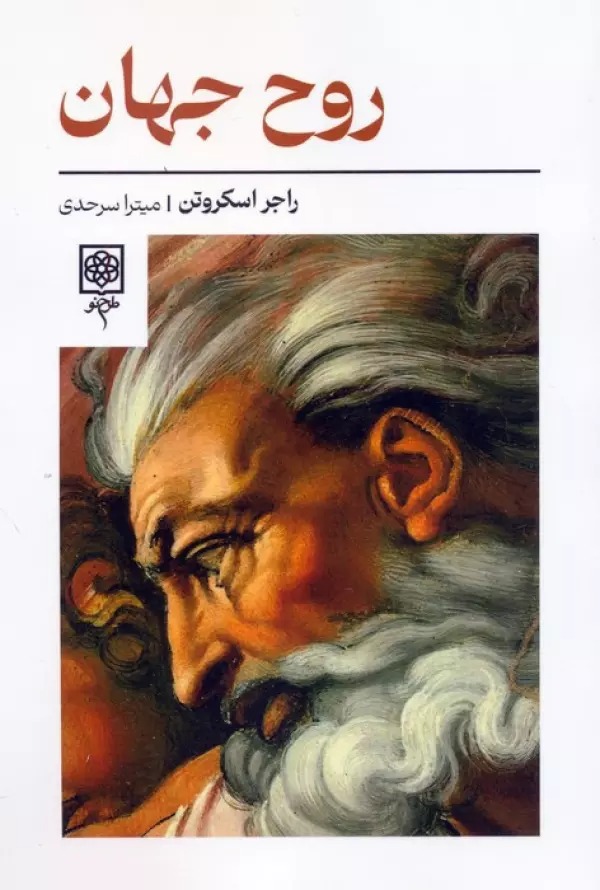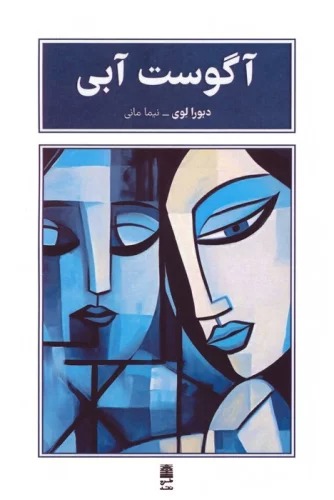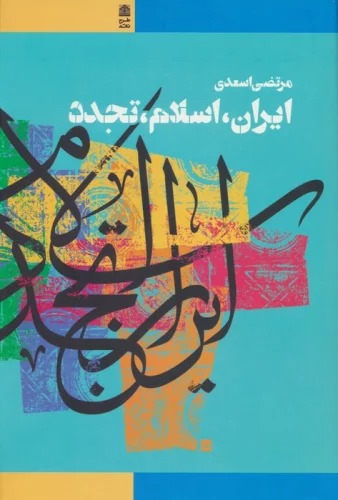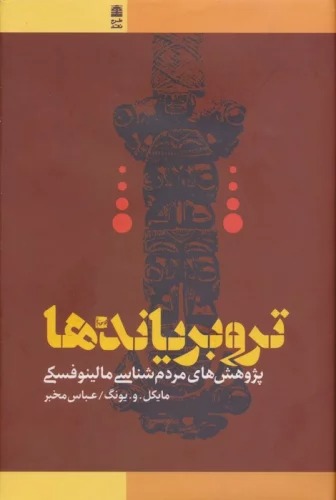Jughrāfīyā-yi Nubūgh: Dar Just'va'jū-yi Makān'hā-yi Khallāq'parvar-i Dunyā, az Ātin tā Sīlīkun Valī: Persiska (Farsi) 1404
جغرافیای نبوغ: در جستوجوی مکانهای خلاقپرور دنیا، از آتن باستان تا سیلیکون ولی
19,01 $
Dela
Wishlist
Originaltitel:
The Geography of Genius: A Search for the World's Most Creative Places from Ancient Athens to Silicon Valley
ISBN:
9786008582830
Översättare:
'Alīriz̤ā Mukhāṭab
Förlag:
Tarh-i Naqd
Åldersgrupp:
Vuxen
Sidor:
565
Vikt:
398 g
Produktmått:
14 x 21 x 5
,
1 cm
Bokomslag:
Pocketbok
Travel the world with Eric Weiner, the New York Times bestselling author of The Geography of Bliss, as he journeys from Athens to Silicon Valley—and throughout history, too—to show how creative genius flourishes in specific places at specific times.
In The Geography of Genius, acclaimed travel writer Weiner sets out to examine the connection between our surroundings and our most innovative ideas. He explores the history of places, like Vienna of 1900, Renaissance Florence, ancient Athens, Song Dynasty Hangzhou, and Silicon Valley, to show how certain urban settings are conducive to ingenuity. And, with his trademark insightful humor, he walks the same paths as the geniuses who flourished in these settings to see if the spirit of what inspired figures like Socrates, Michelangelo, and Leonardo remains. In these places, Weiner asks, “What was in the air, and can we bottle it?”
more
واژه نابغه فریبنده است. ریشهی آن از "genius" لاتین میآید، اما در روم باستان به الهه ناظری اطلاق میشد که همواره همراه فرد بود، چیزی شبیه والدین سلطهگر با قدرتهای ماورایی. رومیان معتقد بودند هر شخص و مکانی، از شهرهای بزرگ تا بازارها، "genius" خاص خود را دارد؛ روح ناظری که آنها را به حرکت در میآورد. تعریف امروزیِ نبوغ، یعنی "توانایی هوشی خارقالعاده، بهویژه در فعالیت خلاقانه"، محصول دوره رمانتیک قرن هجدهم است؛ دورهای که شاعران به خاطر هنرشان زجر میکشیدند. این مفهومِ خلاقیت، واژهای جدیدتر است که تا پیش از ۱۸۷۰ وجود نداشت و تا دهه ۱۹۵۰ رایج نشد.
برخی "نابغه" را برای توصیف افراد بسیار باهوش با بهره هوشی بالا به کار میبرند، اما این تعریفی محدود و گمراهکننده است. افراد بسیاری با بهره هوشی بالا دستاوردهای کمی داشتهاند، در حالی که افراد باهوش متوسط کارهای فوقالعادهای انجام دادهاند. منظور من از "نابغه"، بالاترین شکل خلاقیت است.
more

